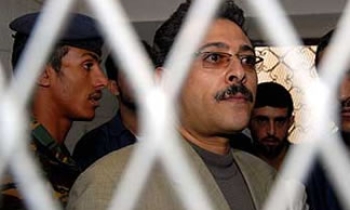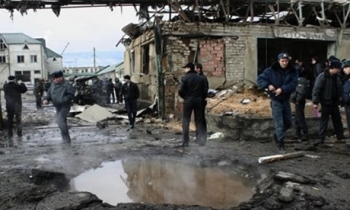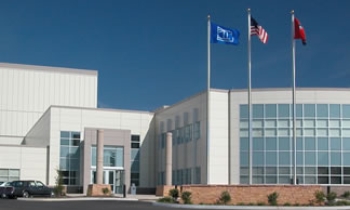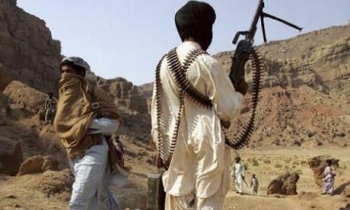Leaders of the world’s press have called on African governments "as a matter of urgency" to abolish all laws that restrict press freedom, and have pledged to increase "aggressive and persistent campaigning against press freedom violations and restrictions in Africa."
The Declaration of Table Mountain, approved on the eve of the World Newspaper Congress and World Editors Forum in Cape Town, calls on African governments to release jailed journalist, abolish draconian press laws and recognise the importance of press freedom for economic, political and social development.

"In country after country, the African press is crippled by a panoply of repressive measures, from jailing and persecution of journalists to the widespread scourge of ’insult’ laws and criminal defamation which are used, ruthlessly, by governments to prevent critical appraisal of their performances and to deprive the public from information about their misdemeanours," the declaration said.
More than 1,600 newspaper publishers, chief editors, managing directors and other senior newspaper executives and their guests from 105 countries are meeting in Cape Town through Wednesday at the World Newspaper Congress and World Editors Forum, the global meetings of the world’s press organised by the World Association of Newspapers (WAN).
The Declaration of Table Mountain, named for the prominent landmark overlooking Cape Town, was endorsed by the boards of the Paris-based WAN and the WEF, which represent 18,000 newspapers worldwide.
The declaration:
- calls for African governments to abolish insult laws and all other laws that restrict press freedom "as a matter of urgency"
- calls for the immediate release of all jailed journalists and the return of journalists who have been forced into exile
- condemns the repression of African media by censorship and "the use of other devices such as levying import duties on newsprint and printing materials and withholding advertising"
- calls on governments to promote "the highest standards of press freedom" and to provide constitutional guarantees of freedom of the press
- calls on the African Union immediately to include press freedom and independent media in the criteria for "good governance" in the African Peer Review Mechanism
- calls on international institutions to promote progress in press freedom in Africa through such steps as assisting newspapers in legal defence, skills development and access to capital and equipment.
"WAN and WEF make this declaration from Table Mountain at the southern tip of Africa in an earnest appeal to all Africans to recognise that the political and economic progress they seek flourishes in a climate of freedom and where the press is free and independent of governmental, political or economic control."
The Declaration will be presented to UN Secretary General Ban Ki-Moon with the request that it be presented to the General Assembly, to UNESCO Director-General Koïchiro Matsuura, with a request that it be placed before the General Conference, and to African Union Commission Chairperson Alpha Oumar Konare with a request that it be distributed to all members of the AU and endorsed by the organisation at its next summit meetings of heads of state.
WAN President Gavin O'Reilly said, "In dozens of African nations, political transformation has been deeply flawed, if not stillborn, because of the failure to secure one of the absolutely fundamental conditions for full, living democracy and pluralism - I’m talking, of course, about freedom of the press, which continues to be violated on a daily basis across the length and breadth of this continent."
"This freedom, whose defence and promotion was set by the founding fathers of WAN as our first and overriding mission, is not only a human right to which every African man and woman is entitled, but a pre-condition for the establishment of good governance and durable economic, political, social and cultural development," he said.









